|
Via the metaphor of a knee injury
As a trauma therapist in Oakland and Berkeley, California, I work with a lot of clients who feel far more than their fair share of discomfort. And going to therapy is about soothing that discomfort and walking out the door feeling amazing, right? Well...
0 Comments
When gardening, the top of the weed seems most troublesome, but we know that just plucking the flower only has temporary results...
Many trauma suffers struggle to trust themselves. Learning to trust one's intuition is often a sign of healing...
“Bibliotherapy is a term that describes the very real process of being positively and therapeutically influenced by what you read. As stated earlier, when it is at its most powerful, bibliotherapy is also relationally healing. It can rescue you from the common Cptsd feeling of abject isolation and alienation.” ― Pete Walker, Complex PTSD: From Surviving to Thriving Learning about complex trauma can increase self-compassion for your own trauma or understanding of a loved-one's experience. If you're ready to take a dig deeper, here are the books I recommend as a trauma therapist in Oakland, CA:
A Spotify playlist with some of my go-to podcast episodes to learn about trauma. Included in the playlist: what CPTSD (complex trauma) is, how trauma is experienced, how childhood experiences may cause trauma, attachment theory and trauma, and various ways trauma is treated, managed, and resolved.
Complex PTSD (or Complex Post-Traumatic Stress Disorder, or Complex Trauma) is getting more attention. As a trauma therapist in Oakland, CA, this is how I define and describe C-PTSD.
🔥 𝘙𝘦𝘭𝘢𝘵𝘪𝘯𝘨 𝘵𝘰 𝘺𝘰𝘶𝘳 𝘰𝘸𝘯 𝘢𝘯𝘥 𝘰𝘵𝘩𝘦𝘳𝘴' 𝘢𝘯𝘨𝘦𝘳 𝘪𝘴 𝘢 𝘱𝘢𝘵𝘩𝘸𝘢𝘺 𝘵𝘰 𝘨𝘳𝘦𝘢𝘵𝘦𝘳 𝘪𝘯𝘵𝘪𝘮𝘢𝘤𝘺. 🔥 Ever heard the term "blind rage"? If you relate, read below...
As a couples therapist in Oakland, CA, I often advise partners to "approach the bear" when their partner is angry. 🔥 𝘙𝘦𝘭𝘢𝘵𝘪𝘯𝘨 𝘵𝘰 𝘺𝘰𝘶𝘳 𝘰𝘸𝘯 𝘢𝘯𝘥 𝘰𝘵𝘩𝘦𝘳𝘴' 𝘢𝘯𝘨𝘦𝘳 𝘪𝘴 𝘢 𝘱𝘢𝘵𝘩𝘸𝘢𝘺 𝘵𝘰 𝘨𝘳𝘦𝘢𝘵𝘦𝘳 𝘪𝘯𝘵𝘪𝘮𝘢𝘤𝘺. 🔥
Individuals who've experienced complex trauma and/or emotionally dysregulated caretakers may experience heightened anger or have a hard time experiencing and interacting with anger at all.
|
AuthorStephanie Bain, LMFT Archives
April 2024
Categories
All
***Resources are not a substitute for therapy and are not intended for making diagnoses or providing treatment. Not all practices and tools are suitable for every person. Please discuss exercises, practices, and tools with your individual therapist or health care provider.
|
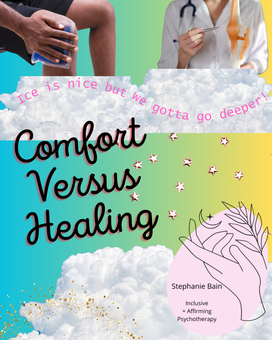
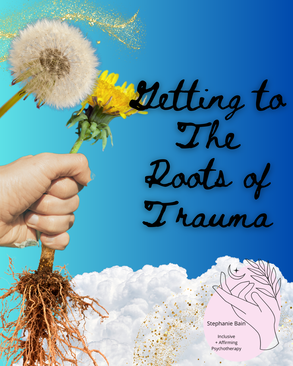
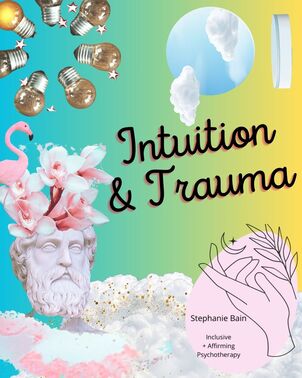
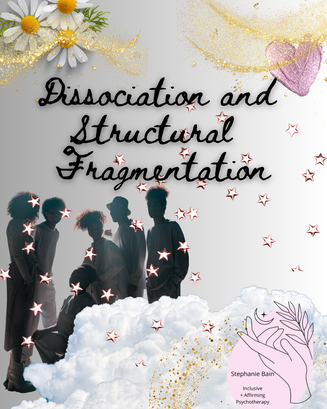
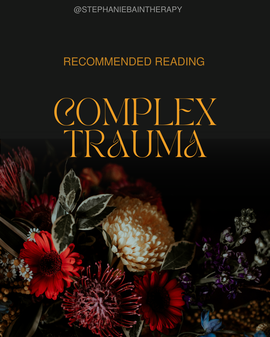
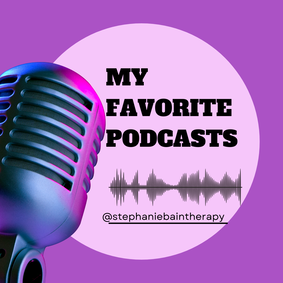
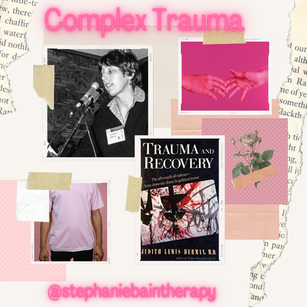
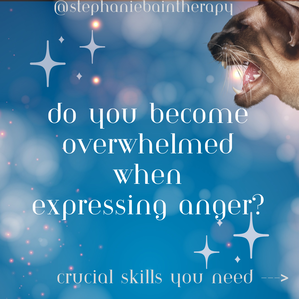
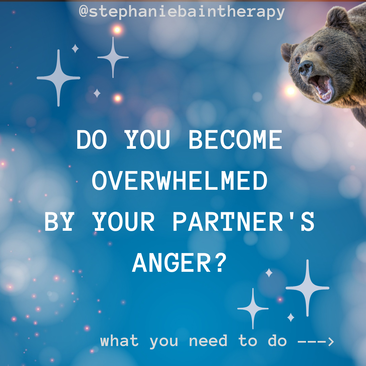
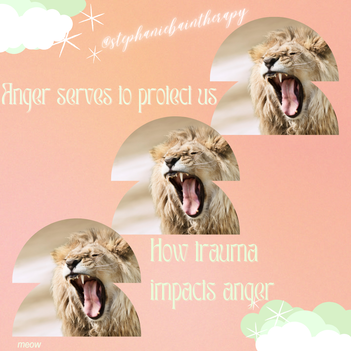
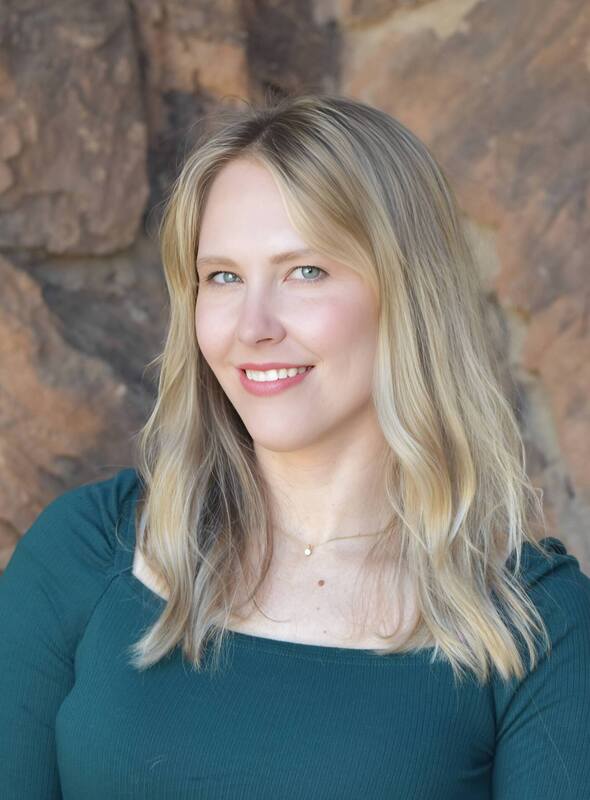
 RSS Feed
RSS Feed